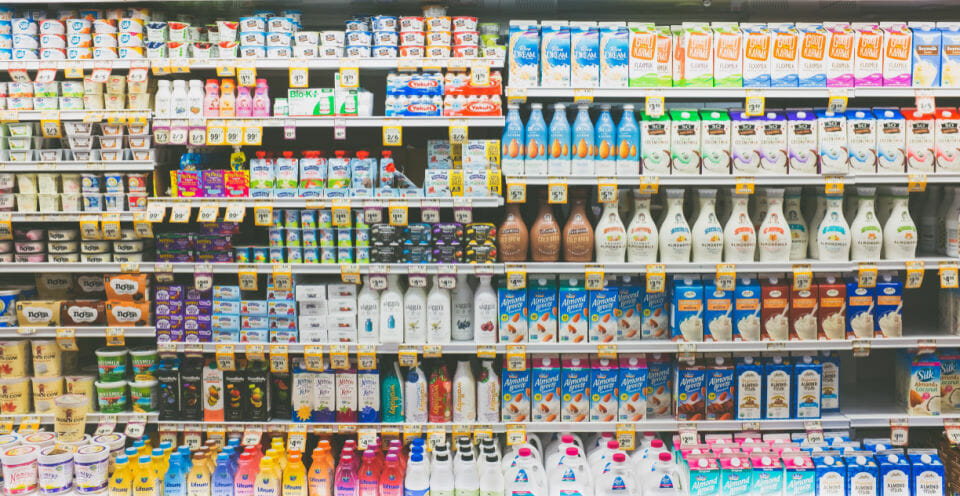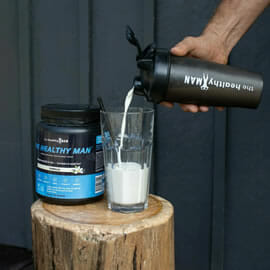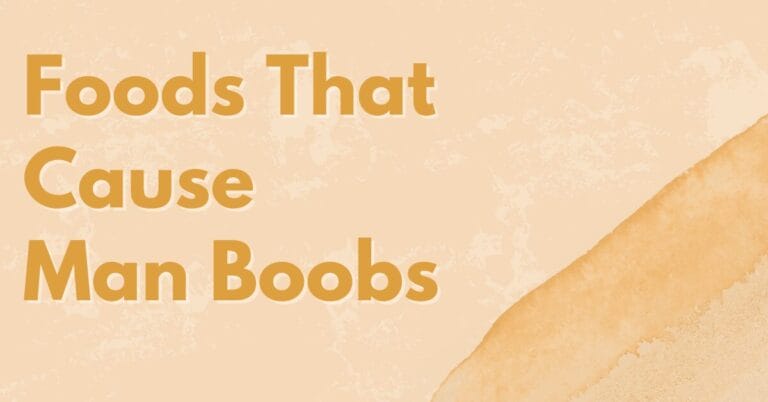This POPULAR food item could double a man’s risk of developing prostate cancer
Researchers have found that this popular food item could DOUBLE a man’s risk of developing prostate cancer, a new study warns.
A paper published in Epidemiological Reviews found that men are more at risk if they eat high amounts of dairy.
More on the study below…

Men are at more risk to developing prostate cancer if they have a diet high in dairy
US scientists analysed data from 47 different studies on diets of more than a million men.
They found that those who regularly consume dairy, such as yoghurt, butter and cheese were between 7 and 76% more likely to develop prostate cancer.

“In these studies, men with the highest dairy intakes had approximately double the risk of total prostate cancer, and up to a fourfold increase in the risk of metastatic or fatal prostate cancer relative to low consumers,” study authors wrote.
“It remains unknown which compound in dairy products might be responsible for this association.
“However, several recent studies which have been able to investigate nutrients more thoroughly suggest that calcium and perhaps phosphorus may play important roles.”
It’s important to note than other studies have found that dairy can also help reduce the risk of bowel cancer.
However, more research needs to be done on the link between dairy and prostate cancer.

Prostate cancer in Australia
The prostate is a small gland located between the bladder and the penis.
Alarmingly, prostate cancer is the second most common cancer in men in Australia.
One in 6 men will be diagnosed with prostate cancer by the age of 85. It is more common in older men, with over 63% of cases diagnosed in men over 65 years of age.
Prostate cancer currently kills over 3,000 men a year in Australia and is the most commonly diagnosed cancer in men.
Symptoms of prostate cancer to look out for
- Needing to urinate more often, especially at night
- Needing to rush to the toilet
- Difficulty in starting to pee
- Weak flow
- Straining and taking a long time while peeing
- Feeling that your bladder hasn’t emptied fully
Click here to take the Prostate Health Quiz
Other milk alternatives
Here are some suggestions for substitutes you can use if you need to be dairy free.
Soy milk (GMO-free)
Gluten, lactose and cholesterol free. The light variety provides less than half the calories of the full strength variety. Soy milk is not naturally high in calcium but there are many brands that do fortify their milks with calcium. If you drink soy milk, it is advisable to choose a calcium-fortified brand to ensure your daily calcium intake is adequate.
Almond milk
If you’re counting calories, almond milk tends to be quite a bit lower in calories and sugar than most of the other non-dairy milks. It also contains monounsaturated fats, which are the same heart-healthy fats found in olive oil. Almond milk is fairly low in protein compared with cow’s milk though, so it won’t keep you as satisfied for long periods of time – unless you can buy a protein enriched one.
Coconut milk
Gluten and lactose free, low in carbs at only 3.7g per 100ml, but very high in calories as the fat content is quite high at around 467 calories per cup – aim for low fat coconut milk or mix the full strength variety with water for a calorie controlled beverage.
Rice milk
Low in saturated fat and cholesterol free. It is also one of the lowest allergenic foods available, being lactose, gluten and dairy free. On the negative it is naturally lower in protein and calcium in comparison to regular milk. If you are choosing rice milk, choose a variety that has been fortified with calcium and protein. Rice milk is not recommended for children due to its low protein and calcium content. Overall rice milk is higher in sugar than most other milk replacements.
Oat milk
Oat milk is a source of soluble fibre at around 4g per serving. It has no added cane sugar and it is cholesterol free. A great milk alternative if you have poor digestion or suffer from bloating and constipation.
Goat’s milk
Easier to digest than cow’s milk due to the smaller protein and fat molecules, its low carb at 3.8g per 100ml, but it does have an acquired taste. Goat’s milk is a good source of protein, contains less sugar (lactose), 13% more calcium, 25% more vitamin B6, 47% more vitamin A, and 134% more potassium than regular cow’s milk.
See how Mosh can help your prostate health?

Take the first step by visiting Mosh to speak to a Mosh practitioner and get your free prostate assessment today. Mosh makes it simple—take a quick quiz to assess your symptom score, and a health practitioner will give you a comprehensive assessment online or over the telephone. From specialist referrals to symptom tracking, Mosh helps you manage your prostate health all in one place.
Read this related content






